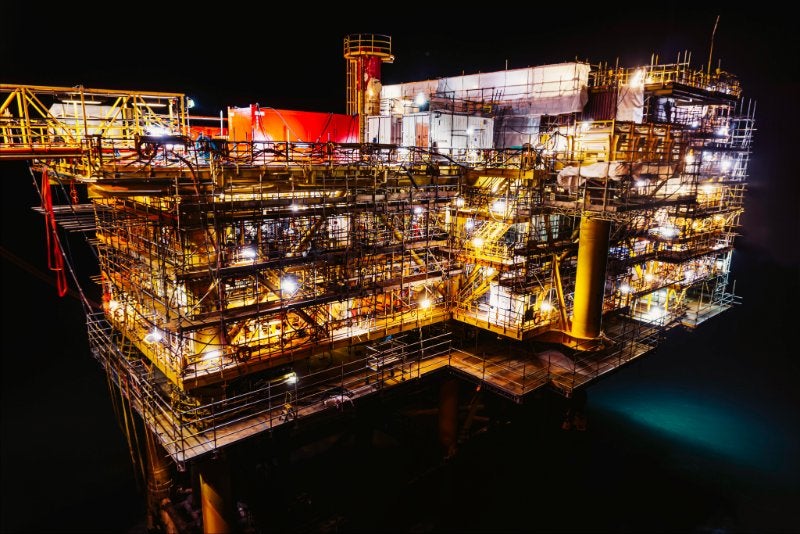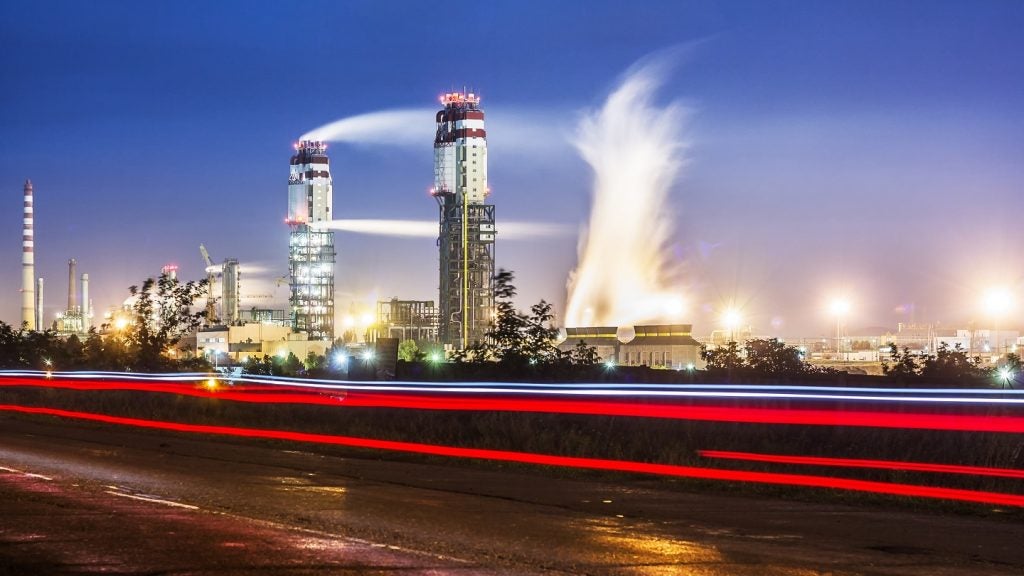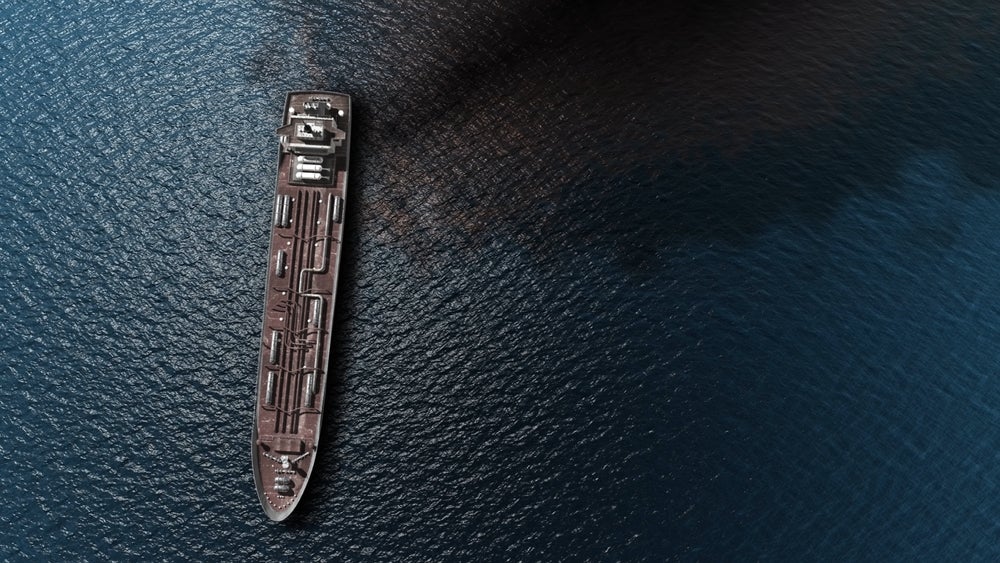
Petronas has unveiled plans to expand a carbon capture and storage (CCS) project at the Kasawari gas field off the coast of Sarawak, Malaysia.
In an interview at the Reuters Impact conference, Petronas CEO Tengku Muhammad Taufik Tengku Aziz said that the CCS project can be scaled up during the second phase of development in the field.
He added that this will be one of the largest CCS projects in the world with a capability of capturing around 3.5 million tonnes of carbon dioxide annually.
However, Taufik did not elaborate on the potential cost of the project.
He was quoted by the news agency as saying: “The reality is, in any projections, even International Energy Agency’s (IEA’s) most aggressive projections of renewables displacement, we will still need hydrocarbons to be part of the energy mix.
“Many of us, my counterparts and I, believe that CCS will be part of the solution to decarbonise the extraction of hydrocarbons.”
How well do you really know your competitors?
Access the most comprehensive Company Profiles on the market, powered by GlobalData. Save hours of research. Gain competitive edge.

Thank you!
Your download email will arrive shortly
Not ready to buy yet? Download a free sample
We are confident about the unique quality of our Company Profiles. However, we want you to make the most beneficial decision for your business, so we offer a free sample that you can download by submitting the below form
By GlobalDataThe CCS project is also a part of the company’s plans to achieve a net-zero emissions goal by 2050.
In August, Petronas selected Xodus to advance the Kasawari CCS project. Work included feasibility studies and conceptual engineering design for the complete CCS project.
Kasawari gas field was discovered by Petronas in November 2011. It is expected to host more than three trillion cubic feet (tcf) of natural gas resources making it one of the most significant gas discoveries in Malaysia.





